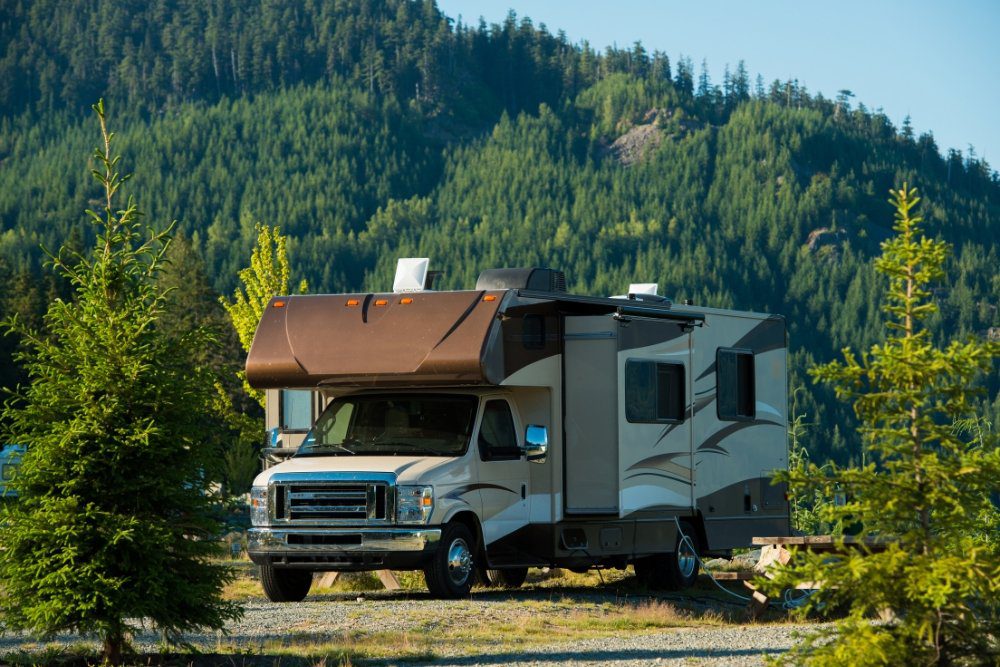How Water Damage Impacts RV Insurance Policies

Hundreds of people use their RVs to take road trips throughout different parts of the year. You must be concerned about potential wear and tear if you use your RV regularly. One issue to be aware of is water damage. Exposure to the outdoors increases the likelihood that your RV will eventually suffer water damage. You may be unsure if water damage is covered through your RV insurance policy. Here is a closer look.
Is Protection Necessary?
It’s recommended that you assess your RV usage. Think about your RV’s age, total mileage, and the area where the vehicle is parked. Adding comprehensive RV insurance coverage is your best option if you use the vehicle consistently. Comprehensive policies typically contain water damage coverage. However, adding water damage to your complete policy may not be necessary if you’re only using your RV to take periodic trips throughout the year. If you’re traveling in tropical areas that are prone to heavy rainfall throughout the year, then adding comprehensive RV insurance with water damage coverage included is essential. Newer RVs with less wear and tear may not need water damage coverage. Water damage coverage is also unnecessary if you are storing the RV inside an indoor unit when you aren’t using it.
Potential Exclusions
Most RV insurance policies include potential exclusions. Water damage due to a lack of maintenance is a common exclusion. You are expected to take care of your RV. Water damage that occurs due to a manufacturer defect is another common exclusion. Other standard policy exclusions include water damage caused by freezing temperatures, snow accumulation, rust, and corrosion. If you’re concerned about your claim being denied due to exclusion, it’s recommended that you contact your insurer as soon as possible to discuss amending your policy.
Other Coverages to Consider
Adding content protection to your RV insurance coverage is recommended if you’re traveling regularly. Contents coverage protects your personal items inside the RV if they are stolen or suffer water damage. You’ll receive assistance with potential replacement costs if an emergency arises. It’s also recommended that you consider adding Medical Payments Coverage. Medical Payments Coverage covers you if you sustain an injury while traveling. Perhaps you slip and fall due to the water damage and twist your ankle. Medical Payments Coverage will help cover your medical treatment.
Consult Jack Stone Insurance Agency!
Purchasing comprehensive RV insurance coverage should protect you if your RV suffers water damage. However, it is important to stay up to date on vehicle maintenance. If you have any questions about RV insurance, contact the team here at Jack Stone Insurance Agency so we can assist you.



